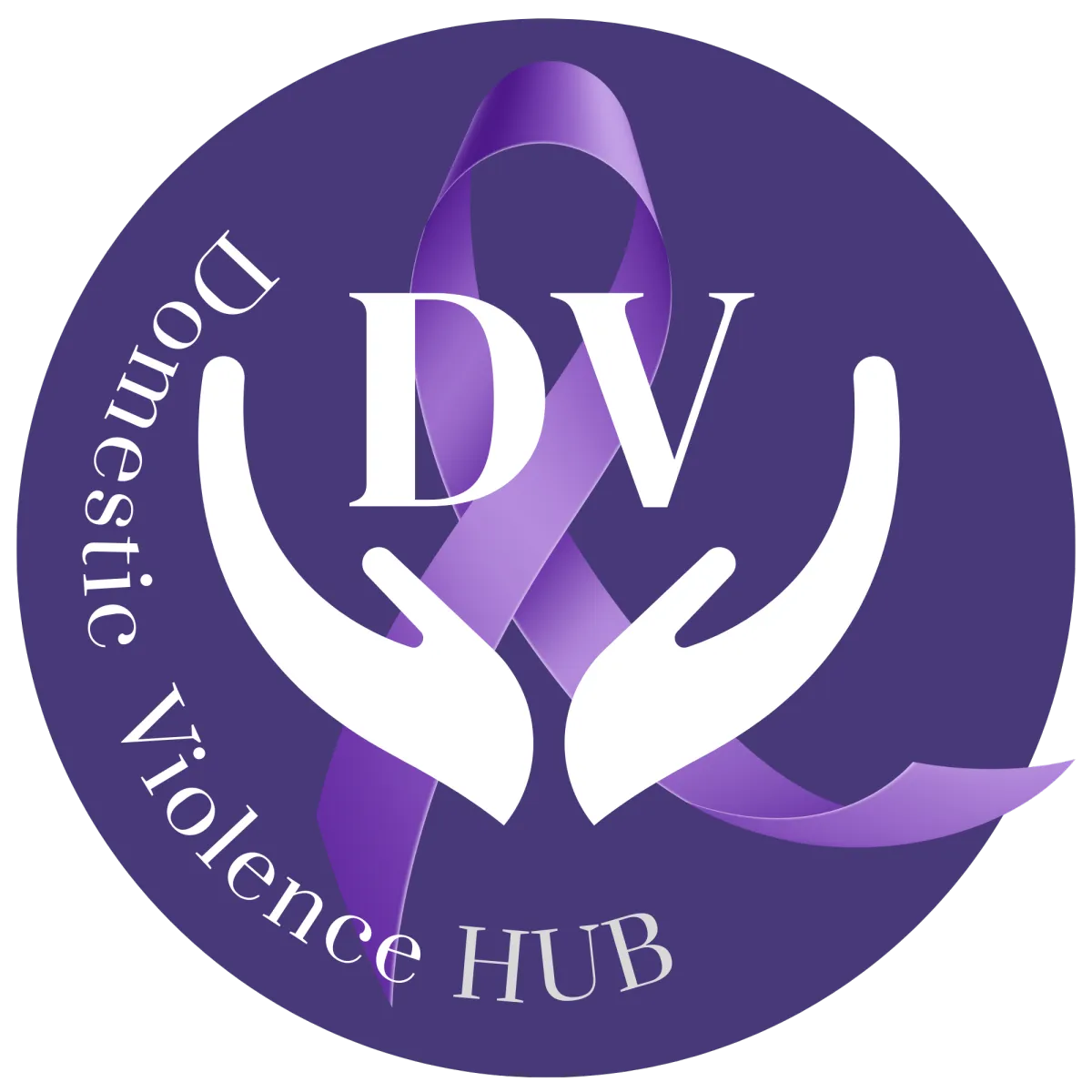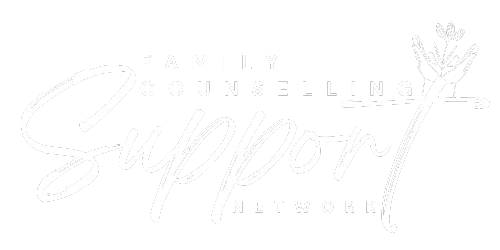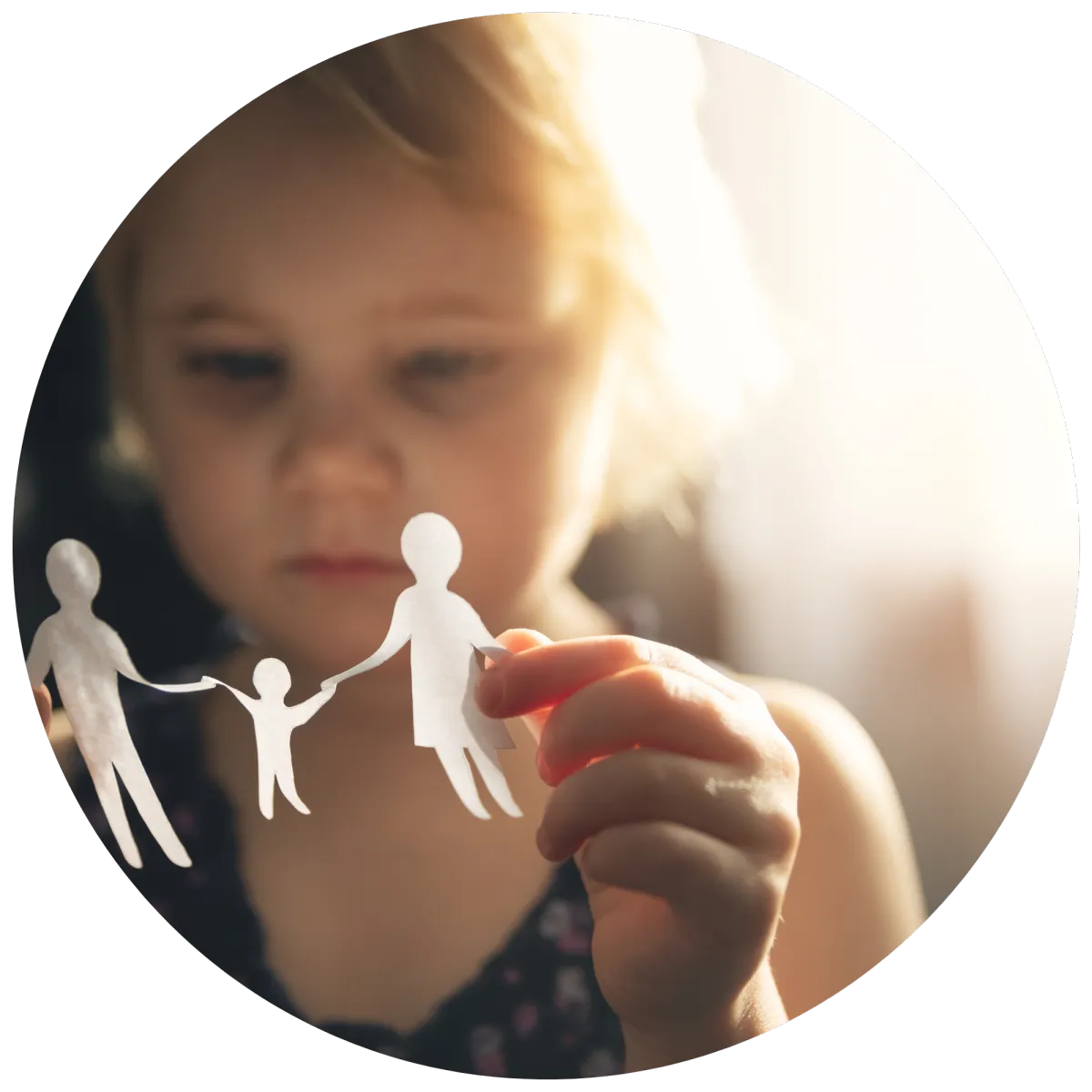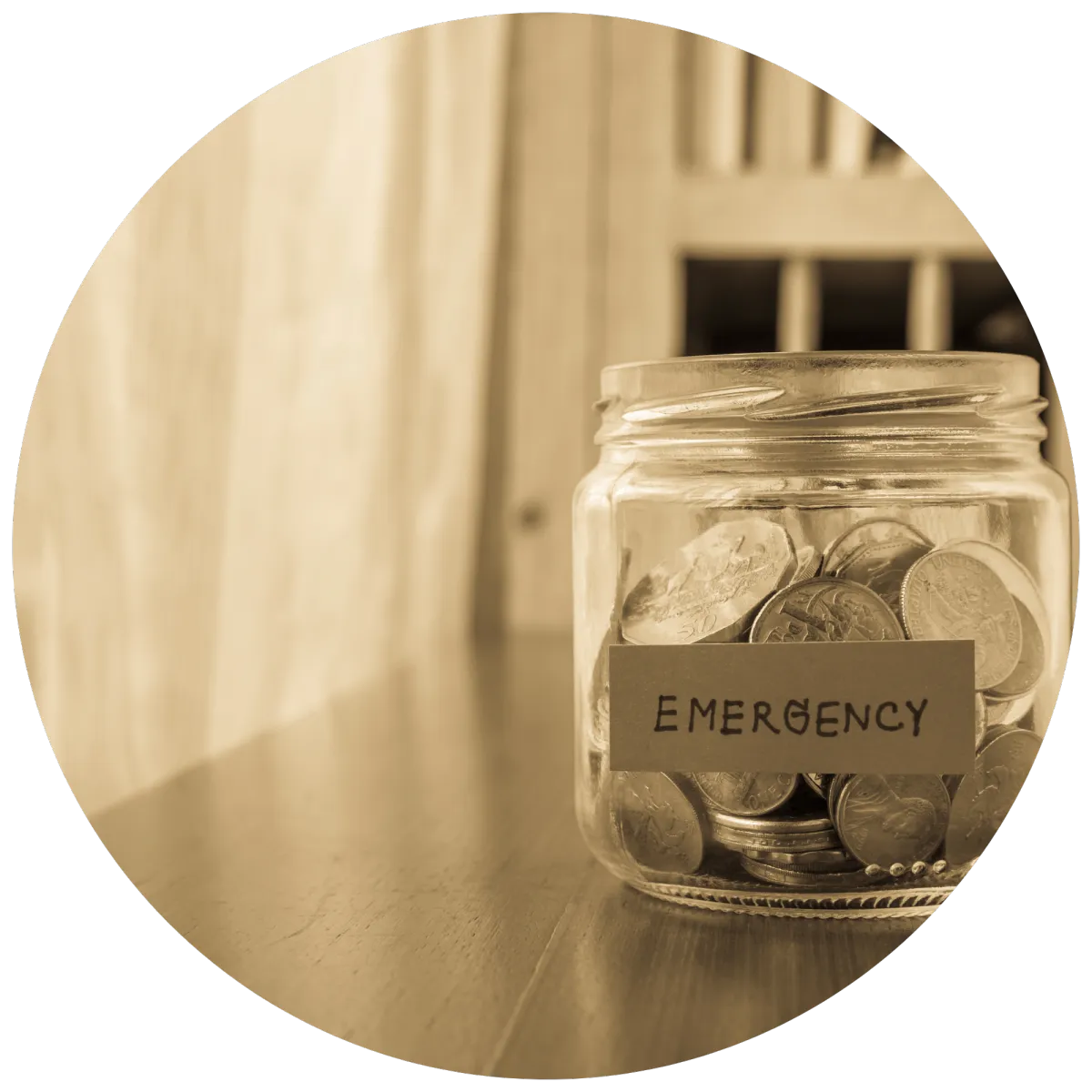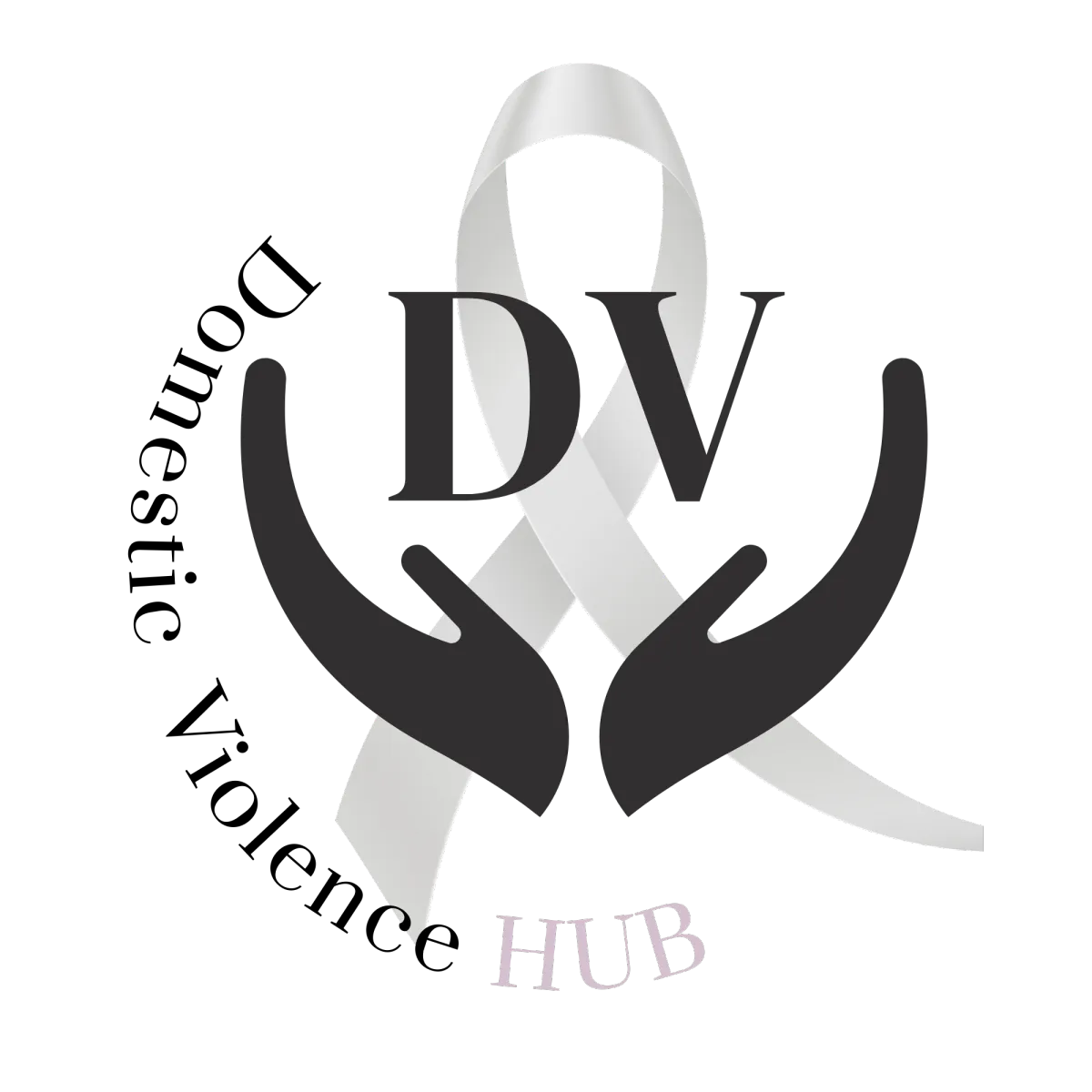How to help someone if you think they are at risk, what to say and how to respond
The DV Support Hub, provides FREE consolidated information on Australian domestic and family violence matters.
It is just one of the many hubs provided for free through Family Counselling Support Network, to Australians. If you, or are family member, are facing family and domestic violence or supporting someone who is, this hub provides information, resources and a guide on how to find support, keep safe, access resources and move forward safely with independence and greater confidence.
We endeavour to keep this information as up to date as possible.
This site is dedicated to the memory of all those who have lost their lives and the resilience of survivors.
If you have arrived at this hub because you or your loved one or friend is in need of support, we are extremely proud of you.
If you have arrived at this hub because you are seeking support to help find solutions to deal with your emotions, great move, we are also here for you to get the support you need.
Please know there is love and support for you. You've Got This.
There is never an excuse for abuse.

How to help someone if you think they are at risk, what to say and how to respond
1. If you think someone is at risk
2. What to say
3. How to respond
To understand why a person may stay...(refer to)
To understand their emotions..(refer to)
To consider what we can do as a society..
How to help someone you think may be experiencing or have may potentially be exposed to domestic and family violence.
If they are in immediate danger PLEASE CALL 000 and ask for Police.
If you want to report an incident and want to remain anonymous you can.
It urgent but not in immediate danger help them contact 1800Respect for National based guidance.
Number of signs that may indicate domestic and family violence is occurring in a relationship:
➡️withdrawal from interaction with family and friends
➡️deep loss of confidence
➡️anxious or depressed
➡️changes to behaviour or routine that are out of character
➡️hiding of injury by wearing clothing not suitable for the weather conditions (eg long sleeves in summer)
provide unlikely explanation for injuries
➡️regularly absent from work without any clear explanation
➡️hesitant to leave children with partner or others
➡️suspect that they are being followed or watched
➡️have limited access to money or bank accounts
➡️partner often turns up unexpected or person constantly checks their phone or responds to partners messages or calls.
➡️appear to be controlled or afraid to make decisions without consultation of partner.
It is hard to know what to do if you suspect that Domestic and Family Violence is occurring in a friend or family member’s relationship however, there are a number of things may cause you concern.
Risk factors that may indicate increased risk for a person:
⏹️there a history of domestic and family violence?
⏹️is there a history of sexual violence?
has the violence become more regular or more severe?
are there threats of harm by a party to the other or themselves?
are there children in the relationship?
is there a pregnancy or new baby?
is there a history of physical violence, substance abuse or mental illness?
is there access to weapons?
has or is one party planning to leave the relationship?
are there issues with child custody or access to children?
Having a Conversation
A victim of domestic and family violence may not know where to obtain support.
They might feel embarrassed or frightened talking to a friend or family member about what is happening in their relationship.
They may become defensive or deny anything is occurring.
They may not understand that what is occurring is domestic and family violence.
There are many reasons for this.
So what is the best way to support someone that you suspect may be exposed to domestic and family violence?
An open, supportive relationship without fear of judgement may encourage a victim to feel comfortable discussing a domestic and family violence situation. As with any difficult conversation, finding a safe and comfortable place free from distraction to raise the subject is important. Open the conversation generally without accusations.
You might ask a question such as ‘you don’t seem your happy self at the moment, are you ok?’
If this does lead to conversation:
Actively listen to what the person is telling you, let them tell you their story without interrupting
Let them know that you believe them, are supportive of them and that it is not their fault
Discuss their safety and that of children and pets, if necessary discuss developing a safety plan (Refer to...)
Explore support options with them or for them but allow them to make their own decisions on what actions they may take
Do not be critical or judgmental of them – respect the decisions that they make even if you do not agree with them
Consider your safety – do not put yourself in a situation where you may be at risk of harm
Practical help you can offer the person in potential danger
Agree a code word or action that your friend can use to signal that they are in danger and cannot access help themselves.
Offer to keep copies of important documents and other items for her so that if they have to leave in a hurry, they won’t have to waste time collecting important belongings
Find out information about local services and help, together or on your own.
Offer any help you are comfortable giving, like the use of your telephone or address for information or messages, keeping spare sets of keys/overnight bags/important documents for emergencies.
Encourage and help them to make a safety plan. This plan may include you.
Help them think about a plan of action should their abuser become violent again.
Suggest that they have an ‘escape bag’ somewhere which could include an extra set of car keys, ID documents, birth certificates ect. in case they need them.
What might your friend/family member work colleague be feeling and experiencing? (Go to emotional......on this website)
(Reference: Alison Clay Foundation: www. )
An abused woman is often overwhelmed by fear, which can govern her every move;
A fear of further violence, the unknown, her safety and the safety of her children.
Do not underestimate the effects of fear.
She often believes that she is at fault and that by changing her behaviour the abuse will stop.
Research shows that this is not the case. She may experience a conflict of emotions.
She may love her partner, but hate the violence and abuse.
She may live in hope that his good side will reappear.
She may be dependent upon her partner, emotionally and financially.
She may experience feelings of shame, guilt and embarrassment.
She may feel resigned and hopeless and find it hard to make decisions about her future.
She may feel resigned that she has no other choice but to stay.
How your help can make a difference
The way you respond to someone experiencing domestic and family violence is very important and can make a real difference.
They may feel stronger if your response supports and encourages them to talk about the situation.
It could make them feel more able to explore their options and make decisions.
Your friend or family member may not be aware that what they are experiencing is domestic and family violence and that it is illegal.
Your friend or family member may deny there is a problem, they may reject your support or become defensive.
They may be fearful of letting you know or reluctant to tell you about the abuse because they don’t want you to worry about them.
But your support and words may just make them think and reflect on what’s happening to them.
Keep in mind when having an conversation:
Domestic violence is a crime – it is unacceptable.
Domestic violence is very common.
One woman in six experiences domestic violence at some point in their life and an abused woman may live with domestic violence for years before they tell anyone or seeks help.
Domestic violence is very dangerous.
Everyone has the right to live without fear, violence and abuse.
The abuser is solely responsible for their abusive behaviour.
The victim is not to blame; violence is a choice an abuser makes.
The way you respond to someone experiencing domestic and family violence is very important and can make a real difference.
How to raise the issue with them:
Unless you are trying to help someone who has been very open about their experiences it may be difficult for you to acknowledge the problem directly.
However, there are some basic steps that you can take to assist and give support to a friend, family member, colleague, neighbour or anyone you know who confides in you that they are experiencing domestic abuse.
You shouldn’t wait for her to tell you about her situation.
Bring up the subject yourself when her abusive partner isn’t around.
Tell her you are concerned about her and want to help.
Do not to criticise the relationship, or her partner.
Focus on the abuse and her/children’s safety.
Listen to what she says and let her show you how you can be supportive.
The importance of helping her break the silence and end the isolation should never be under estimated. You may not have all the immediate answers but you can listen and help find further help and support together.
Giving support
Support her in whatever decision she makes about her relationship, while being clear that the abuse is wrong.
It’s okay to give your opinion, but keep in mind she needs to be supported, not judged.
Maintain contact with her, and help her to explore all the options on offer.
It can be a huge challenge to support a friend/family member in this way.
Of course you don’t want to see her get hurt, but you may have to watch her continue her relationship with her abusive partner when you think she should leave him or have him arrested.
Be her friend, make sure you offer and do not display the same behaviour as her abuser. For example, if he tells her what to do all the time, it’s won’t be helpful if you to do the same, even if you have her best interests at heart.
Why won't they just leave - feeling worried and frustrated:
Be prepared, supporting your friend may seem quite frustrating and worrying; she may not take the course of action that you favour. You may find yourself wondering why she stays or how she goes on with it or it will continue forever.
However, it is important to remember three critical things:
She is the person who is most affected by the consequences of any decision regarding her relationship.
Therefore, it isn’t surprising that she makes decisions in her best interests (as she sees them), rather than doing what you may want her to do.
Leaving someone is extremely difficult decision, involving both emotional and practical considerations.
Moreover, most women are in the position of trying to make this decision within the context of an abuser who may beg them to stay and promise to change.
It’s not easy to leave someone even if they are not an abuser.
Why your friend or family member might be staying in an abusive relationship and situation
Do not expect that your friend or family member will leave the abusive relationship. It is only natural to wonder why they don’t leave and how they can say that they still love their abusive partner. Ending any relationship is difficult. Ending a relationship where there is domestic and family violence can be extremely frightening.
There are many reasons why it may be hard for your friend or family member to leave:
Their partner may have threatened them by saying that they will harm them, their children, their family, other family members, pets and themselves if they leave
They may hope that their partner will go back to how they behaved at the beginning of the relationship
Their partner may keep promising to ‘change’They may think the abuse is their fault and that if they change, the domestic violence will stop
They may make excuses for the abuse their partner inflicts on them like they had a difficult childhood, they can’t control their emotions, they are ill or just get drunk and so on.
They may be committed to the relationship or believe that marriage is forever whatever the consequences
They may believe that their children need to live with both parents and may downplay the impact of living with domestic and family violence on themselves and their children
They may be experiencing pressure from family, friends, colleagues or their community to stay with the abusive person
They may be worried about where they will live and how they will manage financially
They may not speak English well or understand the law about domestic and family violence
If the abusive person is their carer, they may be afraid that no one else will be available to care for them and they will be left to cope by themselves
They may be afraid of coping by themselves, especially if their self esteem has been damaged by the abuse
(deported, separated from their children, migrant access to financial help etc, rules around housing, pets etc)
Leaving a violent partner often only signifies the end of the relationship...
Not the end of the violence. are killed every week by a current or former male partner. Of these, most were in the process of attempting to leave a violent relationship, or had recently left one.
If you are offering help to a friend, remember that you are putting yourself in a dangerous situation; be sure to keep yourself safe.
When approaching someone experiencing domestic or family violence:
Approach them when they are alone and it is safe for them to speak.
Approach them in a sensitive, respectful and caring way, for example, by saying:“I am worried about you because I’ve noticed you have been unhappy lately” to start the conversation.
Try to respect their decision if they do not want to talk about the domestic violence – they may be ashamed or afraid of talking about it, or they may not be ready to admit to being abused.
It can take some time for them to feel comfortable and safe to talk about their situation.
Most importantly – really listen to her.
Try to understand and take care not to blame her.
Tell her that she is not alone and that there are many women like her in the same situation.
Acknowledge that it takes strength to trust someone enough to talk to them about experiencing abuse.
Give her time to talk, but don’t push her to go into too much detail if she doesn’t want to.
Things you may want to try and explain
Things to avoid saying and doing
Practical help
Looking after yourself too
Why your friend or family member might be staying in an abusive relationship
Helping Friends Heal
When a friend or someone you love has been through a traumatic event, it is common to feel overwhelmed and helpless. It’s hard to know what to say or do at a time like this, so here are some suggestions.
Acknowledge the event. It happened and can’t be ignored.Don’t ask too many questions. Your job is to LISTEN. Allow your friend to share whatever they are comfortable with sharing at the time.If they are considering reporting a sexual battery, advise them not to shower or wash the clothes they were wearing and to report quickly, as evidence is time sensitive.Let them talk, cry and be angry. People experience a wide range of emotions after a traumatic incident, and they are all normal.Believe the survivor! Fewer than 1% of reports of sexual battery are false reports.Don’t judge the person’s reaction to the event. Some may wonder, “Why aren’t they more upset, they are not even crying.” However, everyone has different responses and natural reactions to trauma which are all normal.Allow them to heal at their own pace. Don’t assume that the week after the event, they are going to be “back to normal”.Let them make their own decisions, such as if they want to report or not report an incident; allow them to control what they can.Remind them that it is not their fault. No one invites a violation.Encourage them to seek all forms of support (such as from family, friends, or emotional, medical, or legal services).Offer to help with daily routine tasks and suggest participation in activities they once enjoyed.Get help for yourself and the feelings that the incident has also stirred in you.
We don’t always know how to put these into practice, so here are some examples of helpful things to say:
Would you like to talk about it?This must be very painful for you.How can I help?
We want to help and encourage as best we can in the ways we know how. However, we want to make sure we are not saying things which can actually be hurtful or add to the survivor’s stress. Keep in mind some things to avoid saying to your friend:
“I understand how you feel.” We really don’t – we all have our own way of processing traumatic events and our own feelings about our experiences.“What happened? You’ll feel better if you talk about it.”That may not be true for them.“When this happened to me…”Let your loved one express their own story, they probably don’t need the weight of your added emotions at that time.“If you don’t press charges, you are letting him get away with it and he will do it to others”.The survivor may only be able to focus on their incident and is making decisions based on what is best for them.
Don’t hesitate to reach out to campus resources, such as the counseling center or the Victim Advocate Program (both of which are confidential) with any concerns or questions on how you can continue to help and support your friend in crisis.
Domestic & Family Violence Hub Directory
Blog Posts
No blogs found
This site is brought to you by Family Counselling Support Network
Book in with one of our professionals today
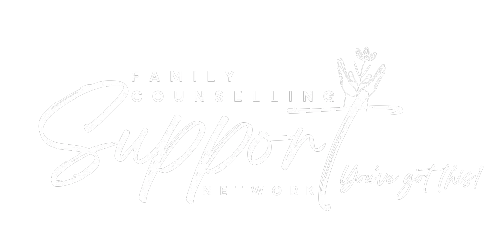


We are committed to protecting your personal information and respecting your privacy. This website uses cookies to analyze website traffic and optimise your website experience. By accepting our use of cookies, your data will be aggregated with all other user data.
DISCLAIMER: The material contained on this website is for general educational and information purposes only and is not a substitute for professional legal, financial, medical or psychological advice or care. While every care has been taken in the information provided, no legal responsibility or liability is accepted, warranted or implied by the authors or Family Counselling Support Network and any liability is hereby expressly disclaimed. For specific advice please contact us at [email protected]. All information contained on the website remains the intellectual property of Family Counselling Support Network and is for your personal educational use only. The information must not be reproduced or distributed without the express permission of Family Counselling Support Network.
Family Counselling Support Network acknowledges and respects the First Nations Custodians of the land where our offices stand, and where we work to help Australians. We pay respects to their Elders, past present and emerging, lore, customs and creation spirits. We recognise that these lands have always been places of ceremony, teaching, research and learning, and we acknowledge the important role Aboriginal and Torres Strait Islander peoples play in our community.
We are committed to providing an inclusive and accessible environment where people and communities of all identities and backgrounds are accepted, safe and celebrated.
Privacy Policy | Terms and Conditions
